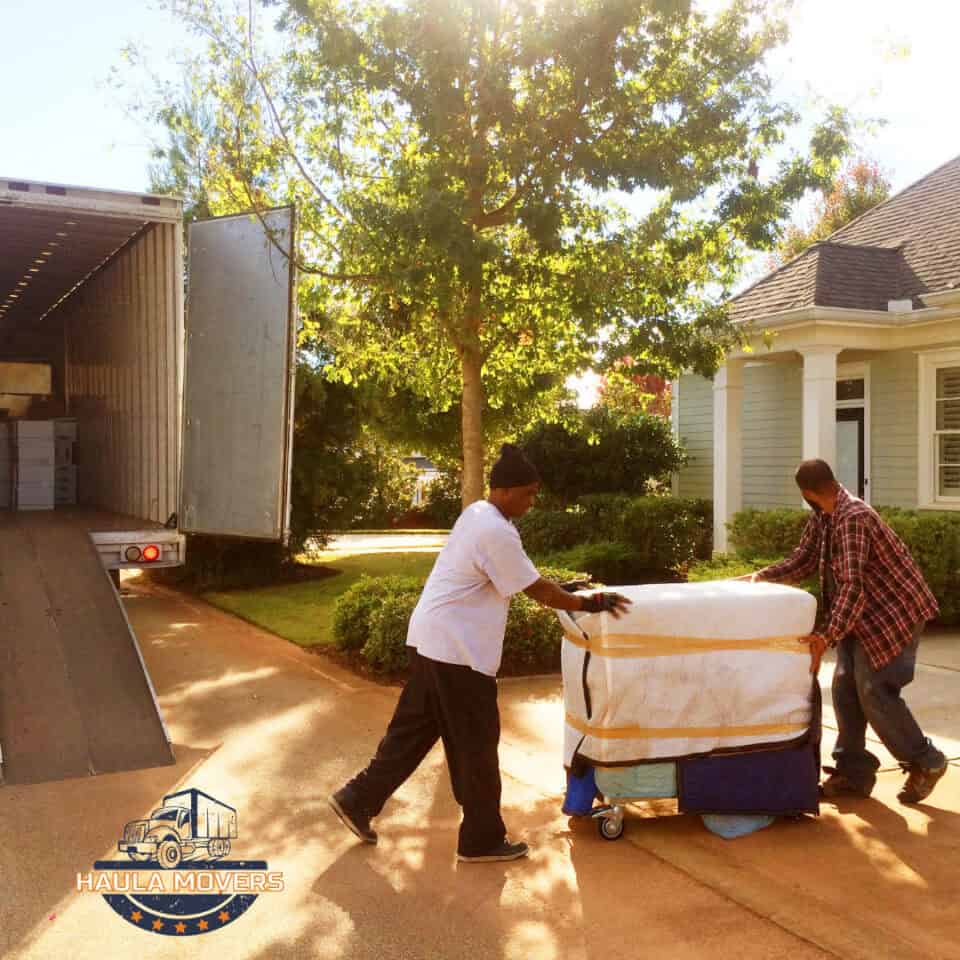Moving to a new home or office is stressful enough without the added worry of falling victim to a moving scam. Unfortunately, some dishonest movers take advantage of customers by overcharging, delaying deliveries, or even holding belongings hostage. To protect yourself and ensure a smooth moving experience, follow these essential tips on how to avoid moving scams.
1. Research Moving Companies Thoroughly
Before hiring a moving company, do your homework. Look for reputable movers with positive customer reviews and high ratings on platforms like Google, Yelp, and the Better Business Bureau (BBB). Avoid companies with numerous complaints or unresolved disputes.
2. Verify Licensing and Insurance
Legitimate moving companies are licensed and insured. If you’re moving across state lines, check if the company has a valid U.S. Department of Transportation (USDOT) number, which can be verified on the Federal Motor Carrier Safety Administration (FMCSA) website. For local moves, verify state licensing requirements and ask for proof of insurance.
3. Get a Written Estimate
Avoid movers who offer vague quotes over the phone without seeing your belongings. A reputable mover will conduct an in-home or virtual estimate to provide an accurate price. Ensure the estimate is detailed and includes all potential costs, so you aren’t surprised by hidden fees later.
4. Watch Out for Extremely Low Quotes
If a moving quote seems too good to be true, it probably is. Scammers lure customers with low prices, only to add extra charges later or hold belongings hostage until more money is paid. Compare multiple quotes to ensure you’re getting a fair and realistic price.
5. Avoid Large Upfront Deposits
Most reputable moving companies do not require a large deposit before the move. If a mover asks for a significant amount of money upfront, consider it a red flag. Legitimate movers typically accept payment upon delivery or completion of the service.
6. Check for a Physical Address and Contact Information
Scam moving companies often operate without a physical office. Verify that the company has a real business address and a working phone number. If they only provide a P.O. box or avoid giving a physical location, proceed with caution.
7. Read the Fine Print in Your Contract
Never sign a blank or incomplete contract. Read all terms and conditions carefully to ensure everything agreed upon is in writing, including pricing, delivery dates, and additional fees. If anything seems unclear, ask for clarification before signing.
8. Be Cautious of Name Changes
Some scam movers frequently change their business names to avoid bad reviews and complaints. Check if the company has operated under different names by researching their history on the BBB and FMCSA websites.
9. Understand Your Rights as a Customer
For interstate moves, the FMCSA provides customers with a “Your Rights and Responsibilities When You Move” booklet. Reputable movers will offer this document, which outlines customer protections and what to do in case of a dispute.
10. Trust Your Instincts
If something feels off about a moving company, trust your gut. Unprofessional communication, pushy sales tactics, or unwillingness to provide documentation are warning signs of a potential scam. It’s better to take the time to find a trusted mover than risk dealing with a fraudulent one.
Move with Confidence – Choose a Trusted Moving Company
By taking these precautions, you can avoid moving scams and ensure a smooth relocation experience. Haula Movers is committed to providing honest, transparent, and reliable moving services with no hidden fees. Contact us today for a free quote and experience a stress-free move with a team you can trust!


